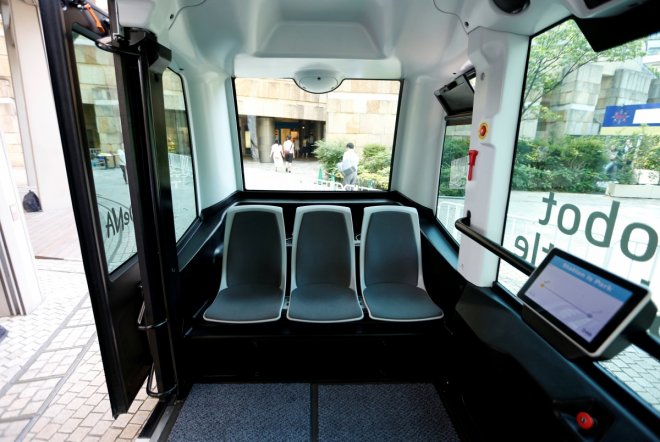
Singapore started the trial of self-driving bus on Wednesday after the Land Transport Transport Authority (LTA) and Nanyang Technological University (NTU) signed an agreement to develop autonomous bus technologies and deal with its limited land and labour challenges.
This agreement follows Request for Information exercise that was called by LTA in June 2015 regarding autonomous mobility concepts. Authorities said it will take some time before the buses hit the streets of Singapore.
NTU is one of the first research institutions which trialled a self-driving electric shuttle within its campus and CleanTech Park since 2013. The Energy Research Institute at NTU will work closely with the LTA to develop and test autonomous bus technologies, and run a trial.
The 12-metre electric hybrid buses, which are capable of accommodating 80 passengers, will be equipped with intelligent sensors and other capabilities including charging technology to allow them to operate without a driver.
"Current efforts worldwide have been focused on cars so this autonomous bus trial is the first-of-its-kind in Singapore that will aim to improve road safety, reduce vehicle congestion, alleviate pollution and address manpower challenges," Professor Lam Khin Yong, NTU Chief of Staff and Vice-President of Research told Today Online.
Test routes
These driverless buses would offer scheduled and fixed services for both intra and inter-town travel. But for now, the test routes include the roads between NTU and CleanTech Park in Jurong. There are possibilities of including Pioneer MRT station as well.
Apart from this agreement, LTA also inked an agreement with NTU that it will work on a research study to improve preventive maintenance and rail reliability in Singapore.
Officials said the technology will have a real-time condition monitoring tool to detect early signs of defects in traction power systems. It will also allow round-the-clock monitoring, without disrupting normal train operations.
The developments of autonomous technologies has been encouraged by countries around the world and Singapore is also hoping that these driverless vehicles will encourage its residents to use more shared vehicles and public transport.








